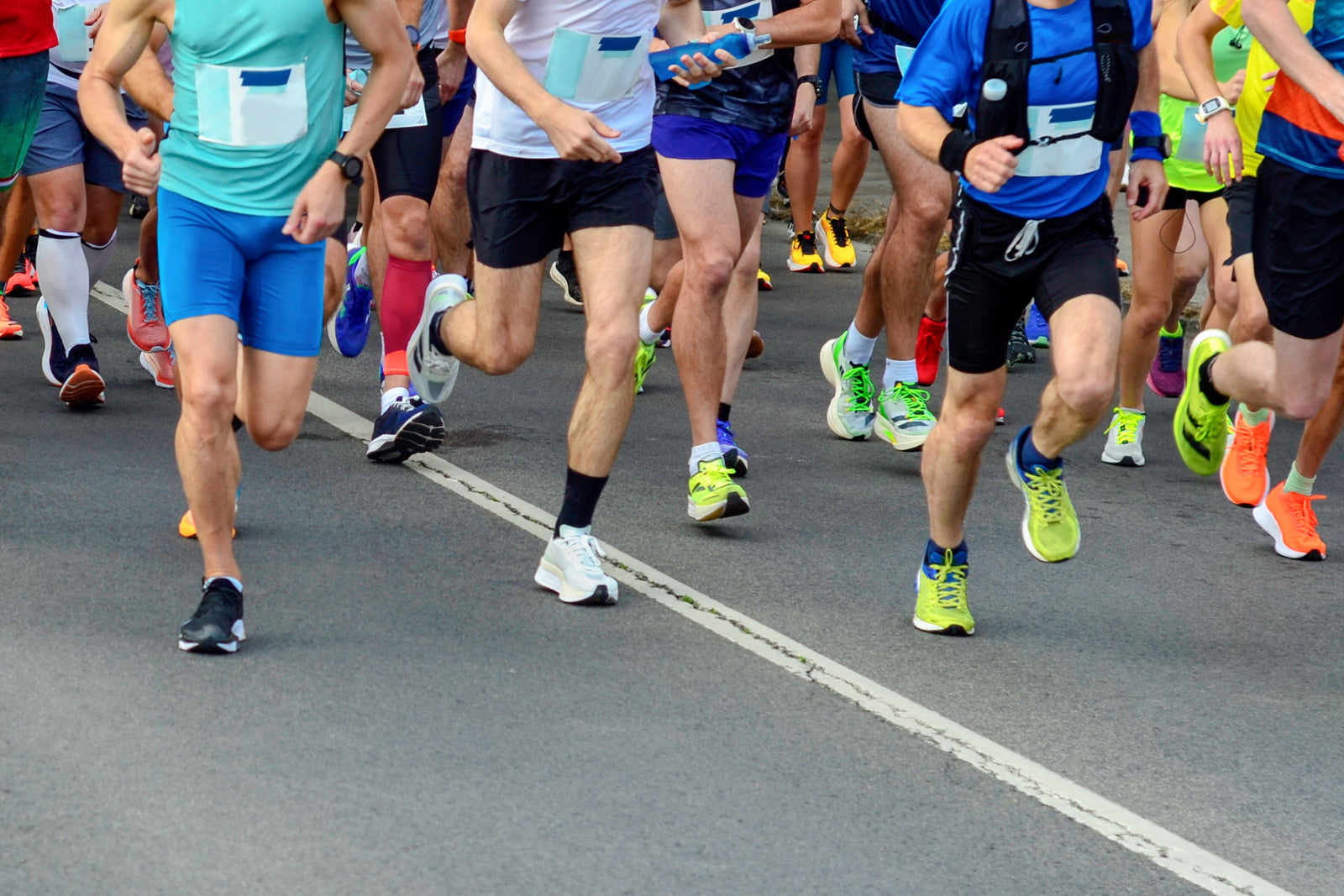How CASR Gene Variations Can Influence Physical Activity, Muscle Health, and Recovery
Physical activity is essential for overall health. Your genes can shape how your body responds to exercise, how quickly you recover, and even how motivated you feel to stay active. One gene that plays a role is CASR, the calcium sensing receptor gene. CASR helps regulate calcium balance in the body. Because calcium is key for muscle contraction, nerve signaling, and cellular processes involved in recovery, variations in CASR can influence muscle performance, fatigue, and possibly activity levels.
Why CASR Matters
- Calcium control: CASR helps the body sense and manage blood calcium levels.
- Muscle function: Calcium is required for muscle contraction and relaxation.
- Recovery and signaling: Calcium-dependent pathways influence repair, inflammation, and neuromuscular signaling.
- Behavioral link: Variants in CASR have been associated with differences in physical activity and exercise engagement.
Everyday Steps to Support Muscle Health and Activity
Whatever your genotype, you can support muscles and activity with practical steps that help performance and recovery:
- Diet: Aim for a balanced diet with adequate calcium and vitamin D. Include dairy or fortified alternatives, leafy greens, tofu, nuts, and oily fish.
- Vitamin D: Ensure sufficient vitamin D through sunlight exposure, diet, or supplements when needed to support calcium absorption and muscle function.
- Protein: Consume adequate protein to support muscle repair and growth. Spread protein intake across meals.
- Hydration: Maintain proper fluid and electrolyte balance to support muscle contraction and reduce cramping.
- Strength training: Incorporate resistance work 2 to 3 times per week to build strength and resilience.
- Flexibility and mobility: Add stretching, mobility drills, or yoga to reduce injury risk and improve recovery.
- Recovery habits: Prioritize sleep, manage stress, and use progressive overload to avoid excessive fatigue.
- Motivation strategies: Use goal setting, social support, variety, and short achievable plans to maintain activity.
Genetic Interpretation for rs1801725 in CASR
2 effect alleles (TT)
If you have the TT genotype for rs1801725 you carry two copies of the effect allele. This variation has been associated with a tendency toward lower physical activity.
What this might mean
- Possible influence on calcium regulation that affects muscle contraction and recovery.
- Potential for reduced exercise motivation or faster onset of fatigue compared with people without this variant.
- Not deterministic. Lifestyle, training, and environment strongly influence outcomes.
Practical recommendations
- Diet: Prioritize calcium rich foods and ensure adequate vitamin D to support calcium absorption. Consider 3 servings daily of dairy or fortified alternatives, plus leafy greens and calcium-fortified foods.
- Supplements: If dietary intake is low or blood testing shows deficiency, discuss calcium and vitamin D supplements with your healthcare provider.
- Exercise plan: Use a gradual strength training program to build muscle endurance and confidence. Start with short, frequent sessions and increase volume slowly.
- Recovery: Emphasize sleep hygiene and consider light active recovery days to prevent discouraging fatigue.
- Motivation: Use short goal cycles, accountability partners, class-based formats, or trackers to maintain engagement.
- Monitoring: Consider periodic assessments such as simple strength tests, mobility screens, and vitamin D testing if advised by your provider.
1 effect allele (GT)
If you have the GT genotype for rs1801725 you carry one copy of the effect allele. This genotype is associated with a moderate tendency toward lower physical activity compared with people without the effect allele.
What this might mean
- A single T allele may slightly influence calcium sensing and muscle performance or recovery.
- You may notice occasional differences in recovery speed, muscle fatigue, or exercise motivation that are manageable with targeted strategies.
- Genes are one piece of the picture. Training, nutrition, sleep, and behavior have large effects.
Practical recommendations
- Diet: Maintain regular intake of calcium and vitamin D foods. Include a quality protein source with most meals to support repair.
- Supplements: Consider vitamin D testing if you have limited sun exposure. Use supplements if recommended by a healthcare provider.
- Exercise plan: Balance aerobic and resistance work. Focus on consistent short sessions rather than irregular high intensity sessions.
- Hydration: Hydrate before and after workouts and consider electrolyte balance for sweaty sessions.
- Behavior: Break goals into small steps and celebrate progress to counter any dips in motivation.
- Monitoring: Track how you feel after workouts and adjust intensity and recovery to avoid burnout.
0 effect alleles (GG)
If you have the GG genotype for rs1801725 you carry two copies of the non-effect allele. This genotype is associated with typical CASR function and normal calcium regulation related to muscle contraction.
What this might mean
- Your genetic profile at this position does not suggest a predisposition to lower physical activity via CASR-related pathways.
- You still benefit from the same evidence based strategies to build strength, endurance, and recovery.
Practical recommendations
- Diet: Continue a balanced diet with adequate calcium, vitamin D, and protein to support muscle and bone health.
- Exercise plan: Maintain a regular mix of strength, cardio, and mobility work tailored to your goals.
- Hydration and recovery: Keep consistent sleep, hydration, and progressive training to reduce injury risk.
- Prevention: Regularly vary workouts and include deload weeks to protect long term engagement.
When to talk to a healthcare provider
- If you have symptoms like persistent muscle weakness, frequent cramps, low energy, or repeated injuries discuss testing for blood calcium and vitamin D with your provider.
- Before starting supplements, especially calcium supplements, consult your healthcare provider to ensure safety and appropriate dosing.
- If you want a tailored exercise or nutrition plan, a registered dietitian, certified trainer, or clinician can help integrate your genetics into a practical program.
PlexusDx provides educational information about genetic predispositions. This content is for information only and is not medical advice. Always consult your healthcare provider before making changes to medications, supplements, or major lifestyle interventions.

Share:
Pain Tolerance | COMT (rs4680)
Pain Tolerance | COMT (rs4680)